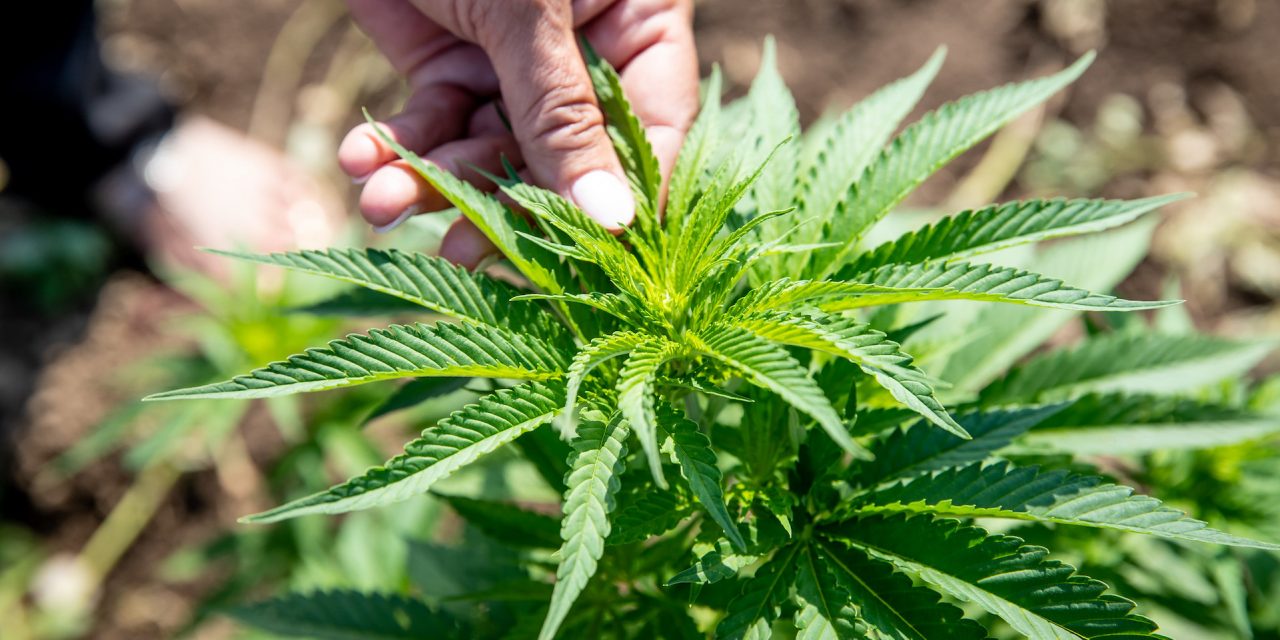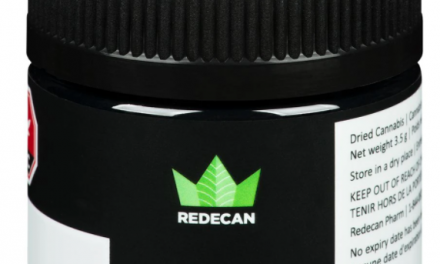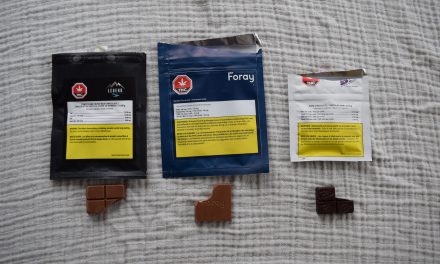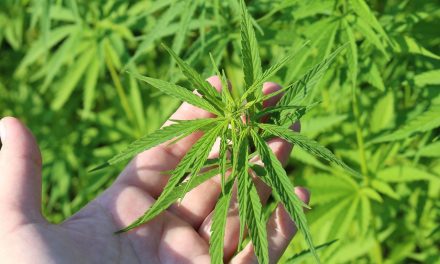By Justin Allec
It happened faster than I thought it would—”craft” cannabis has arrived at the Ontario Cannabis Store. Identified with a yellow sticker, this new category of products takes all your farmers market-approved adjectives and applies them to cannabis. Craft cannabis, by OCS definition, is artisanal, small-batch, hand-processed cannabis that (supposedly) ensures a higher quality experience, from taste to packaging.
OCS defines craft cannabis as “hang-dried, hand-trimmed, hand-packaged, and grown in a small-batch facility that produces less than 10,000 kg a year.” As an example, OCS interviews the chief science officer of Simply Bare, a craft subdivision of licensed producer Rubicon Organics, and something curious is revealed. As we’re calmly and gently walked through Simply Bare’s growing process, it becomes apparent that even though OCS has those four stipulations to designate craft cannabis, Simply Bare has already gone much further in their efforts to increase quality. The emphasis on living soil, compost, rainwater irrigation, and hand-manicuring the plants all go beyond the OCS definition and is about as close to “organic” as you can get without having to match that stringent standard. It’s more akin to what your average backyard grower experiences than what’s expected from a large-scale licensed producer.
I can be snide about the tone OCS is using here, but it’s difficult to argue with quality. Since most cannabis looks the same (i.e., green buds) producers will do whatever they can to distinguish their strains. Adapting a growing facility to be net-zero waste or introducing ladybugs to control pests shows consumers you care, which hopefully means they choose your product over a less-conscientious producer. It’s a slower approach to building a customer base, but given my own misgivings with factory farming, I think it makes sense and will appeal to a loyal segment of the cannabis market.
Of course, all the kindness in the world during the growing process wouldn’t matter if the dried flower wasn’t impressive. While I haven’t tried any Simply Bare products—they mostly mill their cannabis, which I’m not interested in—I’ve become a reliable consumer of Flint & Embers GSC Kush. Like Simply Bare, Flint & Embers is a subdivision of MJardin Group, Inc., another example of a large-scale producer diversifying their growing power. I can’t complain, though, because GSC Kush (THC 22.00 – 28.00%, CBD 0.00 – 1.00%, $7.85/g) is a beautiful indica strain. Appearance always comes first. I was surprised when I first opened a package of GSC Kush because the buds weren’t shaved into dense cones; instead, I got something that looked like it had been expertly trimmed from a plant earlier that day. A potent combination of Girl Scout Cookies and Conspiracy Kush with notes of chocolate and coffee, GSC Kush is a total head rush that didn’t leave me gasping.
The counterargument to craft cannabis is that it’s supposed to cost more, but I don’t see it as ludicrously expensive given the final product. It’s also exciting to think that this craft designation might be the start of a further change in the market, and, hopefully, legislation. Eventually, I’d like to see craft cannabis produced at a local level and sold in Thunder Bay stores—unique strains grown in our own climate. We’re still some years from that, but given how fast the market is changing already, it seems there’s a real demand for the quality of craft cannabis.














